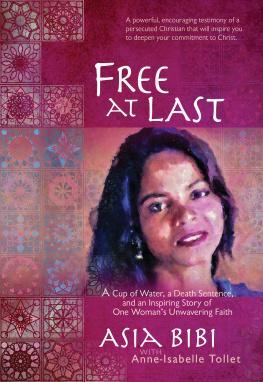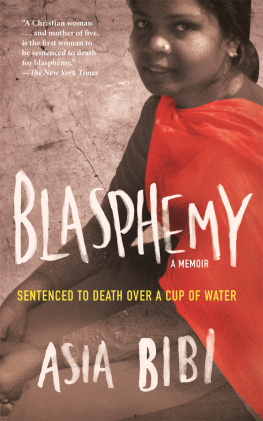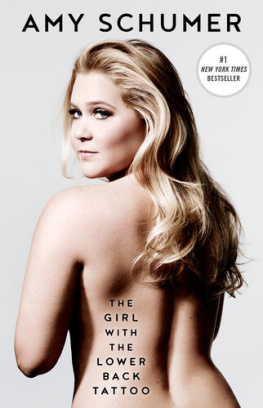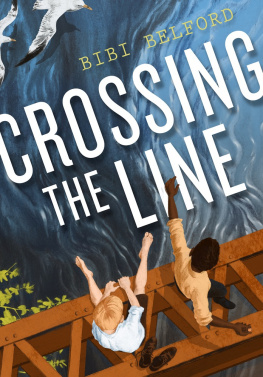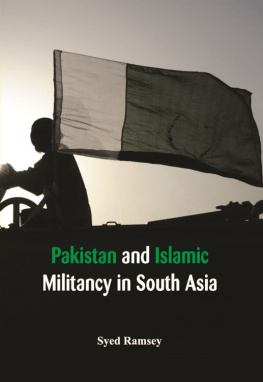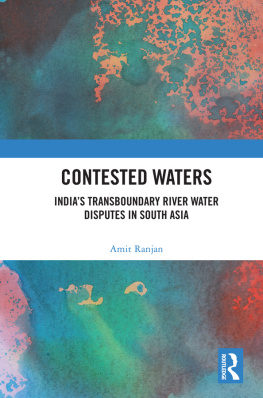

BroadStreet Publishing Group, LLC
Savage, Minnesota, USA
www.broadstreetpublishing.com
FREE AT LAST : A Cup of Water, a Death Sentence, and an Inspiring Story of One Womans Unwavering Faith
Enfin Libre! 2020, Groupe Elidia
ditions du Rocher
28, rue Comte Flix Gastaldi
BP 52198015 Monaco
www.editionsdurocher.fr
978-1-4245-6072-1 (paperback)
978-1-4245-6073-8 (e-book)
All rights reserved. No part of this book may be reproduced in any form, except for brief quotations in printed reviews, without permission in writing from the publisher.
Stock or custom editions of BroadStreet Publishing titles may be purchased in bulk for educational, business, ministry, fund-raising, or sales promotional use. For information, please email .
Cover and interior by Garborg Design at GarborgDesign.com
Printed in the United States of America
20 21 22 23 24 5 4 3 2 1
For Eisha and Eisham
CONTENTS
by Anne-Isabelle Tollet

It is not because things are difficult that we do not dare;
it is because we do not dare that they are difficult.
SENECA
It felt like floating between a dream and reality when, on Wednesday, October 31, 2018, at 5:47 a.m., I received a brief phone call from Ashiq.
Good morning, he said. Asia Bibi is free. Congratulations!
The long-awaited day had finally arrived: the Supreme Court of Pakistan acquitted Asia Bibi. What incredible joy! But it would be short-lived. After three days of quasi-civil war provoked by the Islamists, the Pakistani government made a U-turn and signed an agreement with the Islamists on November 3. The agreement prevented Asia from leaving the country before the court processed an application for judicial review of the acquittal. Despite my experience of Pakistan as one of the most unpredictable countries I know, I still felt deeply distraught, and so did Asias family.
Such disillusion! Cut to the quick, I was back at square one but undaunted. After eight long years of tireless efforts, now was not the time to throw in the towel. In the struggle against religious extremism, everything played out in the final round. I put all of my strength, courage, and determination into ending the fight with a knockout.
Thanks to unprecedented media mobilization in both the national and international press, and with the help of the highest political authorities, Asia Bibi was smuggled out of her prison cell in the middle of the night on November 7 before heading abroad six months later with her family, who was also receiving death threats.
I was finally going to hear Mrs. Asia Bibi with my own ears and see her with my own eyes. I had hoped for so long to meet her! After her first death sentencing in November 2010, I submitted myriad requests to the Pakistani authorities for permission to visit her in prison but to no avail. A Western woman, and a journalist to boot, should not relay this dark story, which brings Pakistan no honor, to the global press.
When I moved to Pakistan in 2008 as a permanent correspondent for a twenty-four-hour news channel, I never imagined that I would find myself leading this unlikely struggle with its many unforeseen developments. How many times had I shown up outside her prison in Sheikhupura with a bag of oranges in hand, passing myself off as a humanitarian worker or dressed as a Pakistani woman, to coax the sometimes unscrupulous guards into letting me in? It never worked. Even though I, too, received threats from Islamists, it was important to me to break the omert so that her story would be heard around the world.
It all started one morning in November 2010. I was reading the English translation of the Pakistani press when I stumbled across a brief article stating that Asia Bibi, a young Christian woman, had just been condemned to death for blasphemy. According to the article, she had insulted the Prophet Muhammad. Pope Benedict XVI asked the Pakistani courts to review the judgment and grant her clemency. Immediately, the country ignited, and the most influential, radical religious parties set up demonstrations across the country to denounce the Catholic Church for meddling in the affairs of the Islamic Republic of Pakistan. I followed those demonstrations during which hateful extremists demanded death by hanging for Asia Bibi.
I became close to Asia Bibis family and promised to never abandon them, even when I returned to France. To this today, that bond remains unbroken. Ive since written two books, Blasphemy to continue the fight against religious obscurantism, a nondivisive issue that is neither political nor religious. I have received worldwide support not only from millions of Christians but also from the Muslim and Jewish communities. The issue of blasphemy is a highly sensitive one, so I took the liberty of addressing the matter with Pope Francis directly and asked him not to intervene, as doing so might aggravate the situation in Pakistan. He listened.
This fight also led me to deliver speeches at the United Nations in both New York and Geneva. The European Parliament voted on a resolution in support of Asia Bibi. The mayors of Paris, Madrid, Bordeaux, Le Mans, La Flche, and La Brde all responded to my call to make Asia Bibi the citizen of honor in their towns and cities. French presidents Nicolas Sarkozy, Franois Hollande, and Emmanuel Macron spoke to their Pakistani counterparts, encouraging them to defend the values of justice and respect human rights in a society that is increasingly subject to religious fanaticism.
Through the Asia Bibi International Committee, an organization I founded in 2015, I collected numerous testimonials of support from around the world. Thanks to her husband, Ashiq, these were relayed to Asia in her tiny cell. In return, she let me know that these gestures of sympathy gave her a sense of hopethe hope of recovering her freedom.
Asia Bibi became, very much in spite of herself, a symbol of the way the blasphemy law has gone adrift and of how it is so often abused to settle personal conflicts by spreading false accusations. In 1860, British colonial authority put into place the blasphemy law, which spares neither Muslims nor religious minorities. General Muhammad Zia-ul-Hag made the law even more severe in 1986 under his dictatorship as part of his initiative to Islamize society.
The assassinations of the governor of the Punjab and then the Federal Minister for Minorities affairs in 2011 stifled any attempts at productive debate and reform within the government, and tensions around the issue grew. In this regard, Pakistani Prime Minister Imran Khan made a great show of bravery by publicly acknowledging the Supreme Courts decision to acquit Asia Bibi.
Once she was finally free and in a free country, I thought it would be easy to find the woman for whom I had been the spokesperson for all these years. But because of continued death threats from Islamists, Asia Bibi is no longer safe anywhere, and I had a difficult time locating her in Canada. When I found myself standing in front of the door to her house, a bouquet of white roses in hand, my heart raced. I rang the doorbell, but it was not working. I knocked feebly three times and received no response. I heard pots clanging in the kitchen over the voice of a woman speaking Urdu.
Next page
